Old Feelings and New Settings
At a luncheon at our synagogue one Shabbos afternoon, after the cake and conversation turned a little stale, my friend suggested an experiment. We’d both stand along the social hall wall and see who would get approached first by a fellow congregant.
We stood there and waited.
And waited.
“You see?” she said, after we waited a good ten seconds. “We’re just a bunch of old ladies whom no one wants to talk to. We’re boring.”
Of course we burst out laughing, admitting that even as middle-aged women we’re sometimes still stuck in high school, thinking that no one likes us, comparing ourselves to others who seem to be more popular.
Come on, admit it. You do that too, don’t you?
I am reminded of an old memory. I’m about ten years old, standing in a row of girls in the gym. The appointed team captain is choosing members for her team. I am not much of an athlete and so I’m last to be picked. It doesn’t feel too great; more like lonely, unwanted and undesirable.
Children and teenagers typically compare themselves to their peers. Maybe it’s part of figuring themselves out: their identities, talents and opinions. All the comparisons are supposed to stop when we grow up and become adults. At the age of 20, 25, 30, or 35, or…55 we know we’re not that child in the gym suit anymore or that rah-rah teenager wanting to be the star of the play. Those days of constant comparison should be over.
Right? Wrong.
Like a tired song we can’t stop humming, old feelings replay in new scenarios. Stories from childhood get rehashed and spun in new settings. That girl waiting to be picked for a volleyball team is now the Shabbos-clothed adult standing at the wall waiting to be picked.
She’s comparing who makes or has the nicest wedding, bar mitzvah, house, status, in-laws, daughter-in-law, son-in-law, grandchildren. The list goes on and on. Better. Fancier. Bigger. More. She’s always looking over her shoulder and what others are saying or doing.
I catch myself comparing my musical skills to that of my peers. This one is more musical, the other one is more talented, and the other one plays classical, or jazz, or by ear much better than I do. And that young college student who asked me to mentor her has a better voice than I do. She plays more instruments than I do. And my guitar skills are not good enough.
When will the comparing stop?
Thankfully, grandmother-hood is one area where I don’t compete, and I’m blessed to have mechutonim who are all on the same page as my husband and me. But I hear others tell their stories of competing with the “other” grandparents.
I once watched a grandmother’s behavior when she was in the same room as her child’s in-laws. This grandmother hovered, dominated the conversation, and ever so subtly usurped her grandchild away from her mechutaneste.
This kind of competition between sets of mechutonim is all very subtle. Sometimes it’s even veiled with jokes or “humble-bragging”: I have no life these days. My grandchildren ask me to take them everywhere and I just can’t get anything done.Underneath those declarations is the push to be the betst, the busiest and most important and loved grandmother.
Here’s another one: The grandmother who wines and dines the grandchildren so they become the favored grandparent. And that causes feelings of inferiority within the other grandparent, who ends up keeping score.
Ouch.
Competition has its place. When my grandson comes home from a soccer or baseball game, he talks to his brothers and parents, telling them who scored what and which team won. On Election Day 2016, before the results were in, he wanted to know, “What’s the score?”
A little competitive edge helps improve standards on all sides. When I read a well- crafted article, I think, “Wow!” Then, I’m motivated to take courses, get feedback, write and revise.
But competition is not a very healthy thing when it comes to relationships. After all, relationships are not competitive sports.
Let’s realize we are each doing our best in the way we know how, with the gifts we received from Hashem. It’s good to learn from others, but there is no need to feel inadequate or insecure about it.
These days at events, that friend and I reminisce about our little game. But now we’ve changed the rules. We make a point to start a friendly conversation with someone and don’t wait for someone to initiate with us.
Because when we interact with others cooperatively, and not competitively, everyone wins.
This article appeared in Binah Magazine 4 months ago.

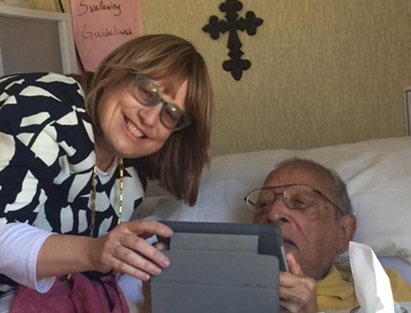
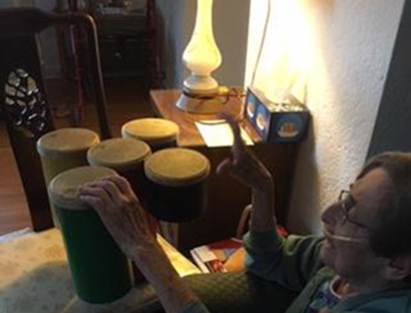
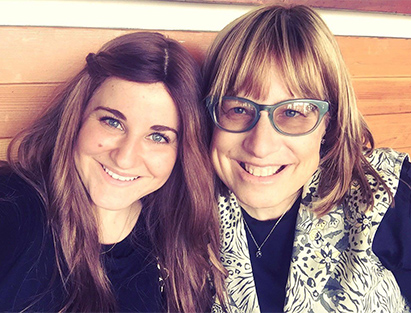
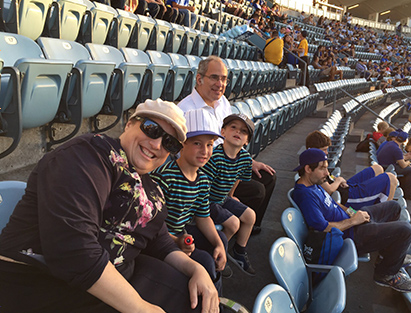
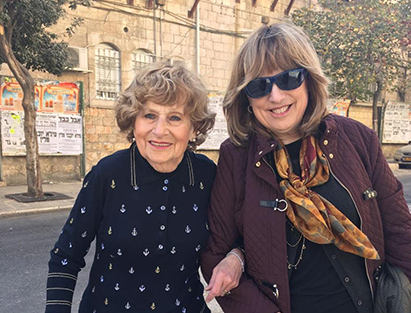

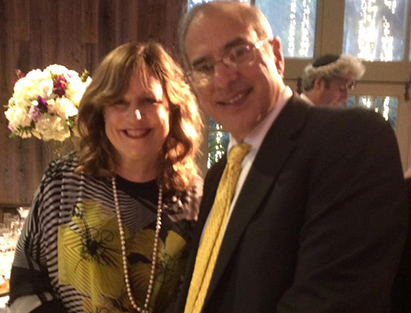
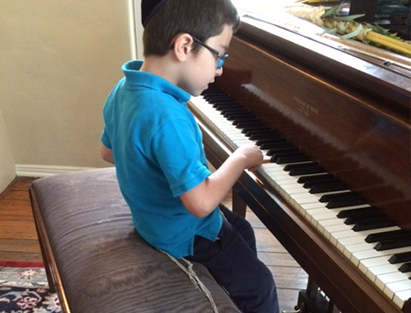
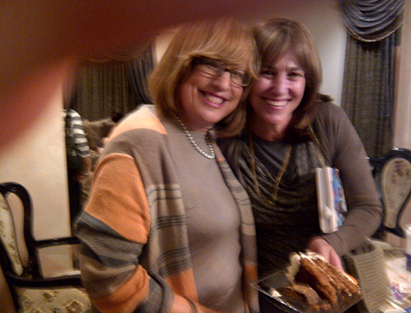
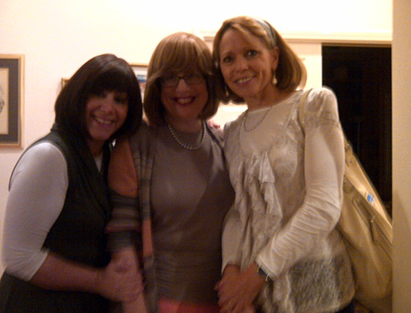
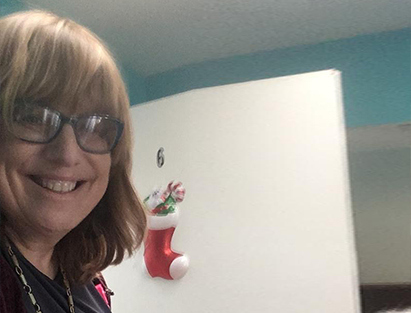
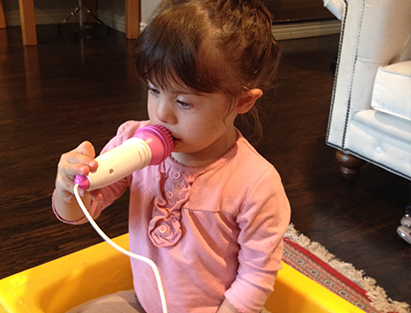
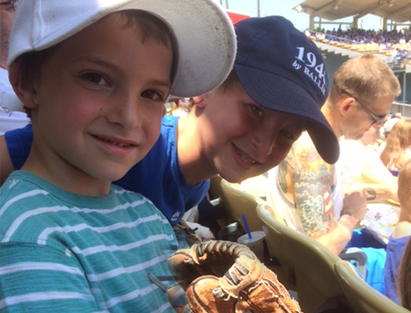
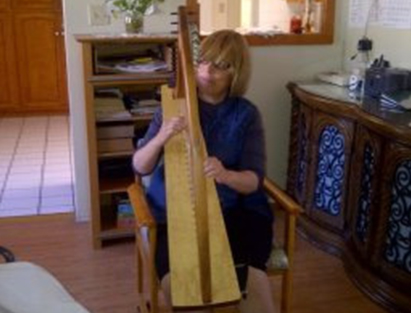

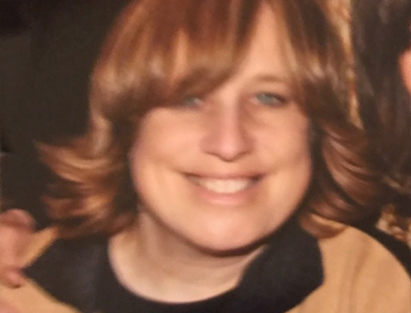

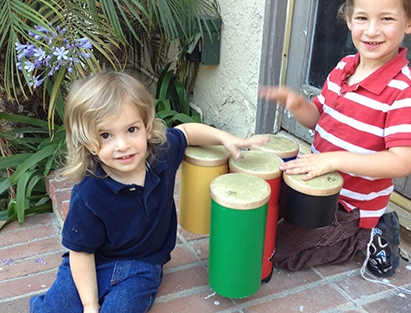
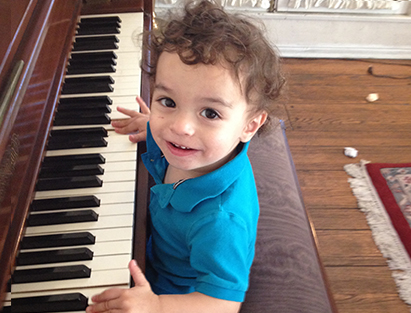
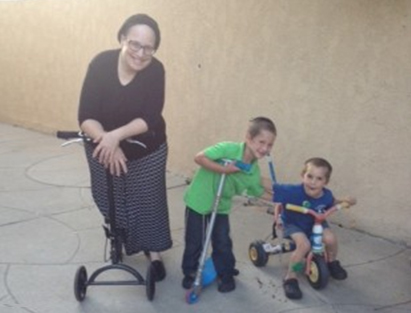
Great post! Happy 2018! No room for competition in my life either. With age, comes wisdom!
Happy 2018 to you too!
charming post. thank you.
Thank you!
Amen to this: “It’s good to learn from others, but there is no need to feel inadequate or insecure about it.”
Great post to start of the new year!
Wishing you a fabulous 2018! ♥
Amen to that, Lisa! Thank you!! Happy New Year!